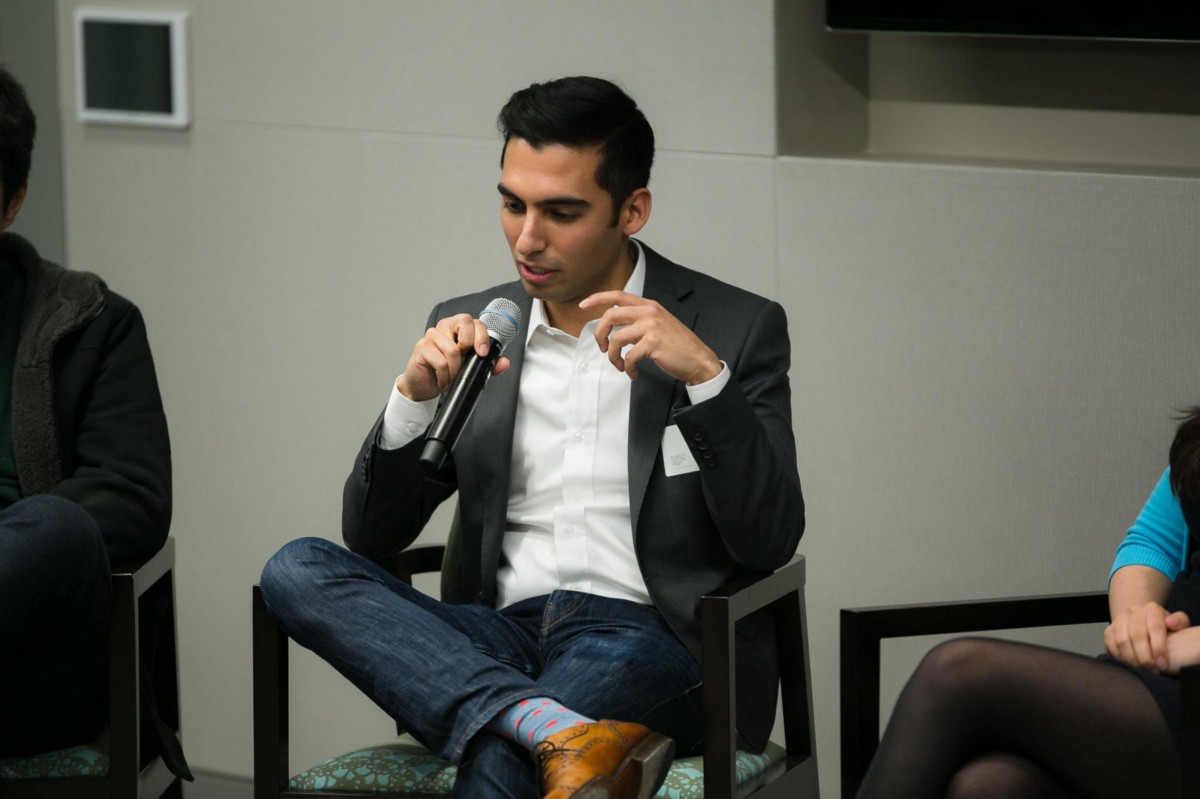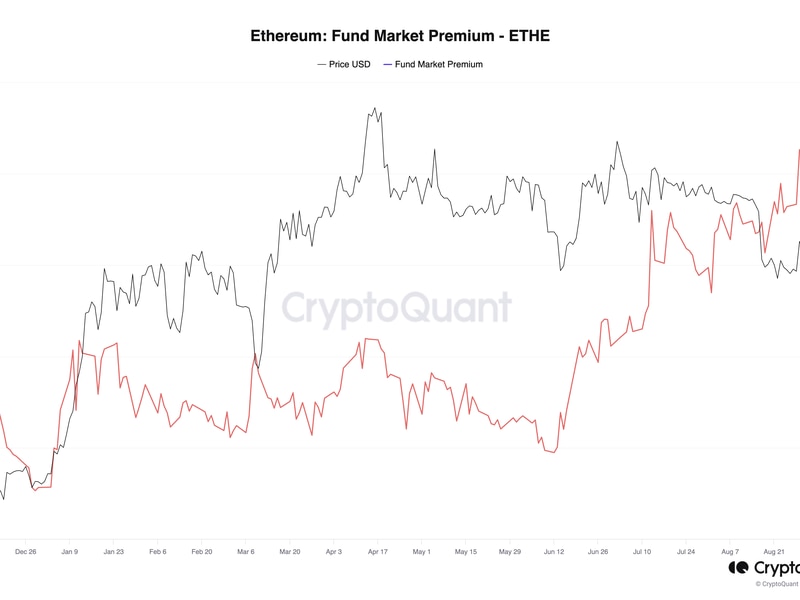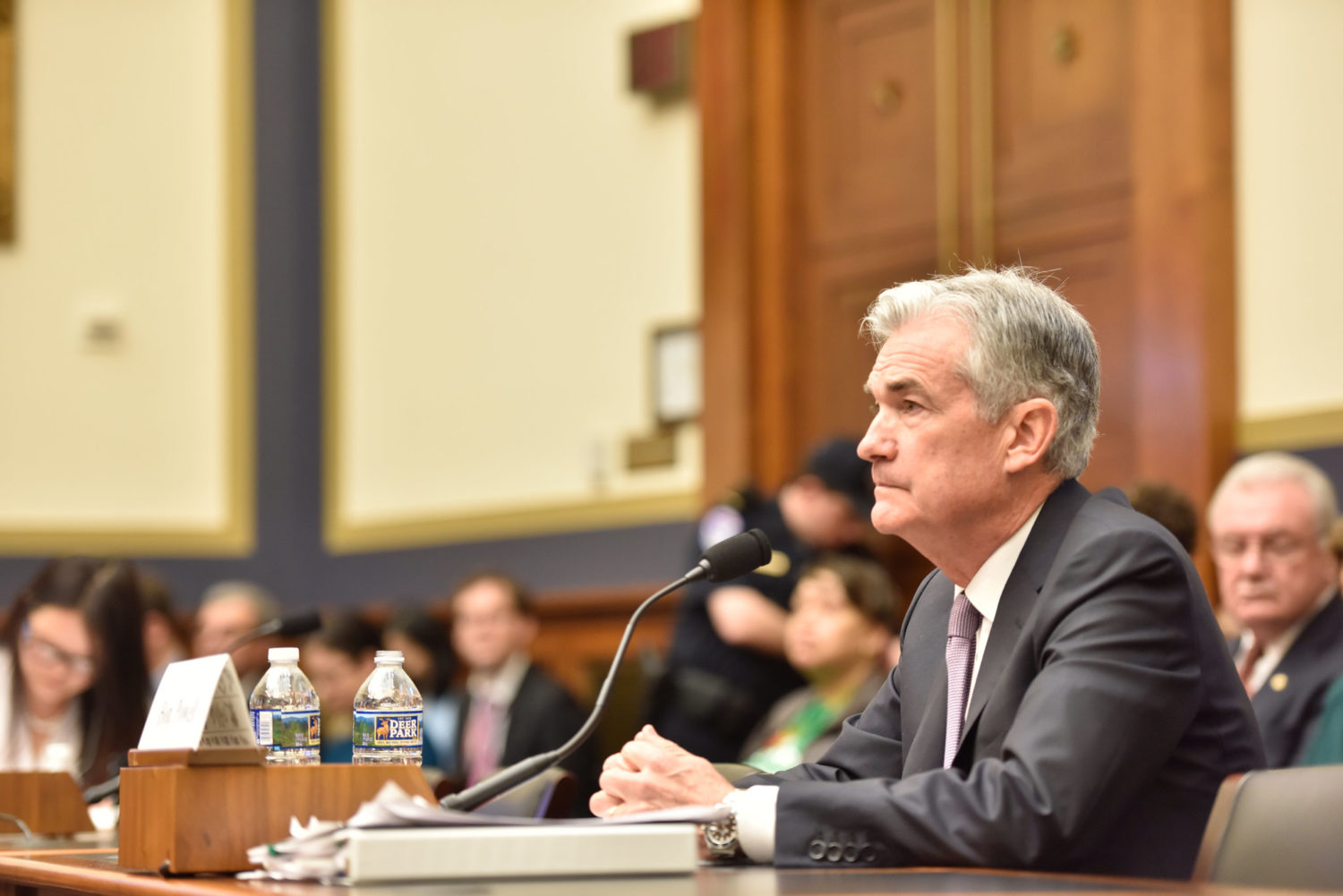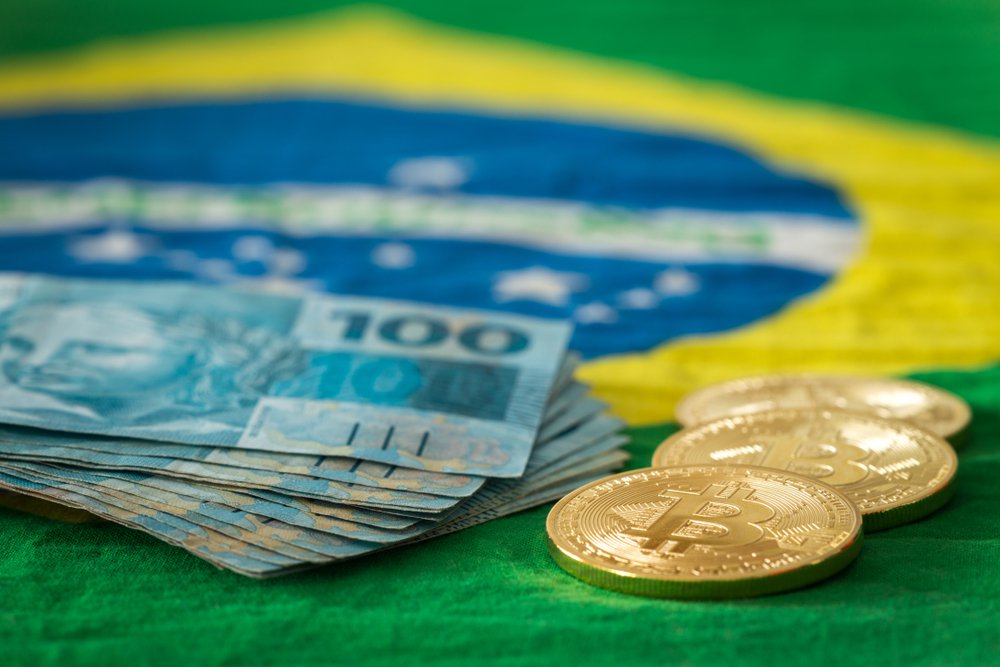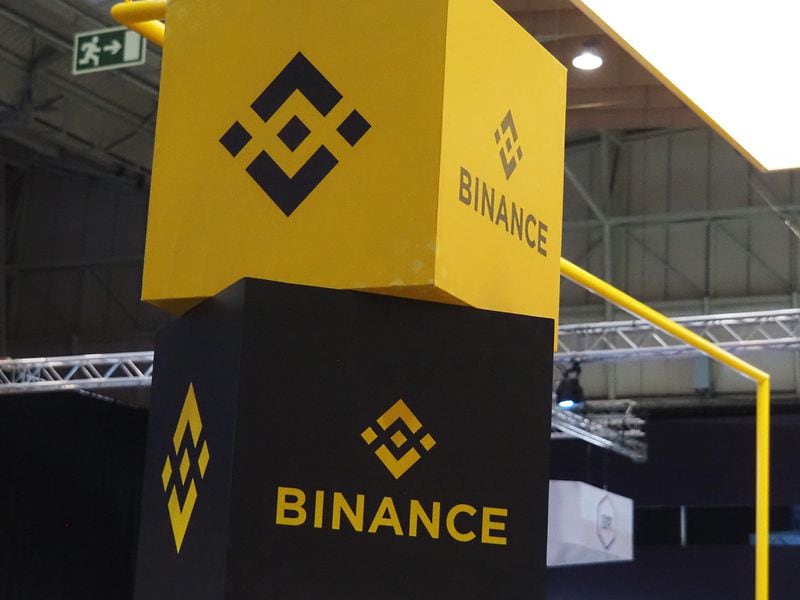Alibaba’s Crypto Friendly Joseph Tsai Set to Become Chairman
Alibaba (NYSE: BABA) said on Tuesday that Joseph Tsai, one of its founders, will step into the role of Chairman come September.
This leadership shuffle, which also saw the company name Eddie Yongming Wu as its new CEO, comes as it reorganizes itself into multiple units, separating its technology services from retail divisions.
But crypto stakeholders bullish on the China narrative – the idea that Beijing is slowly warming up to crypto – might be closely reading the tea leaves on this one as Tsai is a vocal proponent of crypto and an active Web3 investor.
Having someone like this at the top of such a large institution in China might be a signal that Alibaba could be positioning itself to embrace the new reality of Web3, and crypto, in China if that day comes.
Tsai first announced his interest in the Web3 space in December 2021 with a short tweet: “I like Crypto.”
At the time, Tsai didn’t elaborate what he meant, but in the year following, he has been an active investor in the space.
Blue Pool Capital, which Tsai uses as his family office, was a minority shareholder in FTX, the South China Morning Post reported in January 2023, participating in two of its fundraising rounds. This wasn’t known at the time and was only revealed in court documents.
But Tsai has also been involved in better-known investments, such as Polygon’s February 2022 round, Web3 fantasy sports platform Fast Break Labs fundraise, and NFT platform Artifact Labs May 2023 round (which was a spin-off of the South China Morning Post, where he serves as chairman).
Tsai also owns the Brooklyn Nets, which has seen two of its key players, Kevin Durant and Spencer Dinwiddie, get involved in crypto; Durant signed a deal in 2021 to promote Coinbase (COIN), as well as a two-year deal with Dapper Labs, while Dinwiddie has tokenized his employment contract and has spoken at CoinDesk’s Consensus conference.
But Does China Like Crypto?
At the same time, the belief that China is warming up to crypto remains to be seen.
Hong Kong, a Special Administrative Region of the country which currently enjoys some autonomy, has put forward a list of crypto rules to allow for licensed trading of digital assets in the territory.
Critics say that these rules are overly restrictive and make the market a pass for most serious institutions.
“Hong Kong’s framework as it exists today is highly unattractive. The market is small and unproven, banking partnerships are non-existent, and products are highly restricted,” Leo Weese, co-founder and President of the Bitcoin Association of Hong Kong, previously told CoinDesk.
Banks have been reluctant to get on board, with the Hong Kong Monetary Authority forced to put pressure on some of the largest names in finance to bring on crypto clients.
In the rest of the country, there’s an embrace of digital assets on the blockchain – so long as they don’t have crypto.
Non-fungible tokens (NFTs), for instance, are allowed, provided they don’t have any speculative attributes. In 2021, Alibaba’s Alipay restricted sales of NFTs until the user had held them for 180 days.
Beijing itself defines Web3 as an internet enhanced by artificial intelligence, blockchain, faster computing chips, and more resilient networks. It’s the third version of the internet, not something synonymous with crypto.
Alibaba might know something we don’t and wants an executive team ready for crypto in China – when that day comes. This could also just be the company moving around executives and putting one of its founders at the top.
Edited by Parikshit Mishra.

